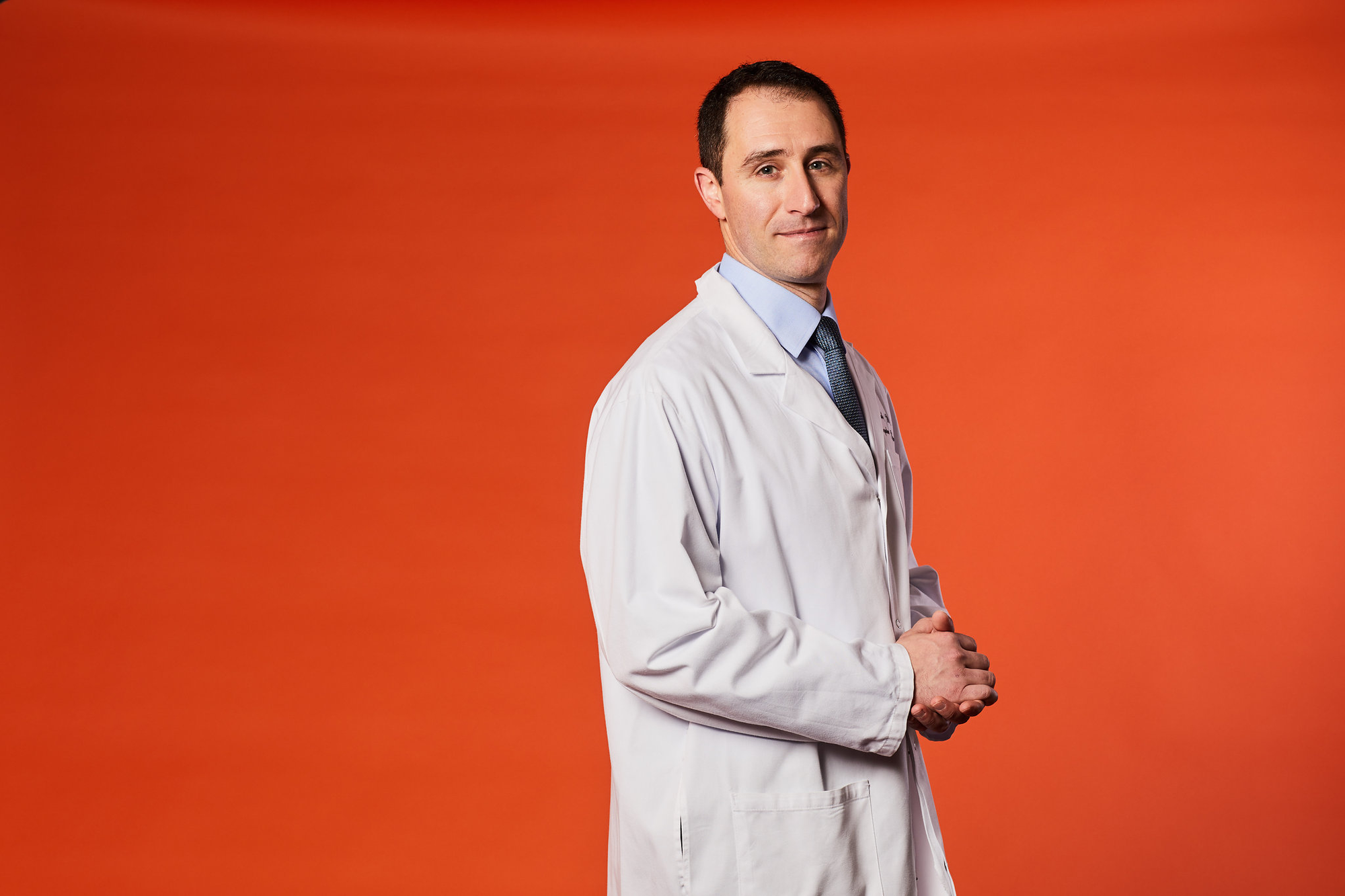Two Weill Cornell Medicine scientists have received the Damon Runyon Cancer Research Clinical Investigator Award for 2016 for their innovative research.
The Damon Runyon Cancer Research Foundation bestows these annual awards upon young physician-scientists who are conducting disease-oriented research that demonstrates a high level of innovation and creativity. Dr. Christopher Barbieri, an assistant professor of urology, was recognized for a project focusing on the treatment methods of patients with prostate cancer. Dr. Heather Yeo, an assistant professor of surgery and of healthcare policy and research, received the award for her work to improve perioperative surgical outcomes in patients with gastrointestinal (GI) cancer. They are among six scientists nationwide to win this highly competitive award.

Dr. Heather Yeo. Photo credit: Travis Curry
Each recipient will receive a three-year grant totaling $450,000, as well as up to $100,000 to cover any outstanding medical school loan debt. The award program also includes a partnership with the National Institutes of Health (NIH) and the National Cancer Institute, which uniquely permits Damon Runyon Clinical Investigators access to the NIH Clinical Center for their research studies.
Dr. Barbieri will use his grant to design and implement a clinical trial for patients with prostate cancer. His goal is to determine how newer, more advanced cancer drugs — which are mainly used in patients with advanced-stage prostate cancer — could be used to improve the treatment of those with early-stage or previously untreated cancer.
"The prognosis of prostate cancer patients can be quite varying," Dr. Barbieri said. "But in theory, if you have a new drug that is 25 percent effective in treating advanced-stage disease, could you reach 50-75 percent in patients with early-stage or previously untreated disease — or maybe even completely cure them?"
Dr. Barbieri said that the current treatment of patients diagnosed with prostate cancer follows the timetable of surgery, standard medications and then moves on to additional, newer medications if the cancer relapses. In the future, he hopes to use his prior research – which identifies underlying causes of prostate cancer – to help determine if these newer medications could provide better outcomes for aggressive early-stage cancer and potentially change the order of treatments to improve the care of men with this cancer.
The Damon Runyon grant will enable Dr. Yeo to conduct a randomized control trial to assess the effectiveness of a health-tracking mobile app — designed by her team in conjunction with scientists at Cornell Tech — in improving post-surgical outcomes for GI cancer patients when compared to the standard post-operative follow-up care. Her hypothesis is that the app will improve post-operative outcomes by reducing readmissions and improving both quality of life and patient-physician communication.
"I am honored to have been chosen for this award," Dr. Yeo said. "So much research in GI cancers is focused solely on treating the disease, which is important. But there are still many patients suffering from a quality of life and surgical outcome standpoint, so being able to focus on recovery, surgical outcomes and healing is an important and exciting aspect of cancer research."
Dr. Yeo said she will focus her study on patients over the age of 65, since they have the highest risk of readmission and post-surgical complications. The app will also be able to access the status of study participants' wound healing, post-operative pain and mobility, and dietary factors.

